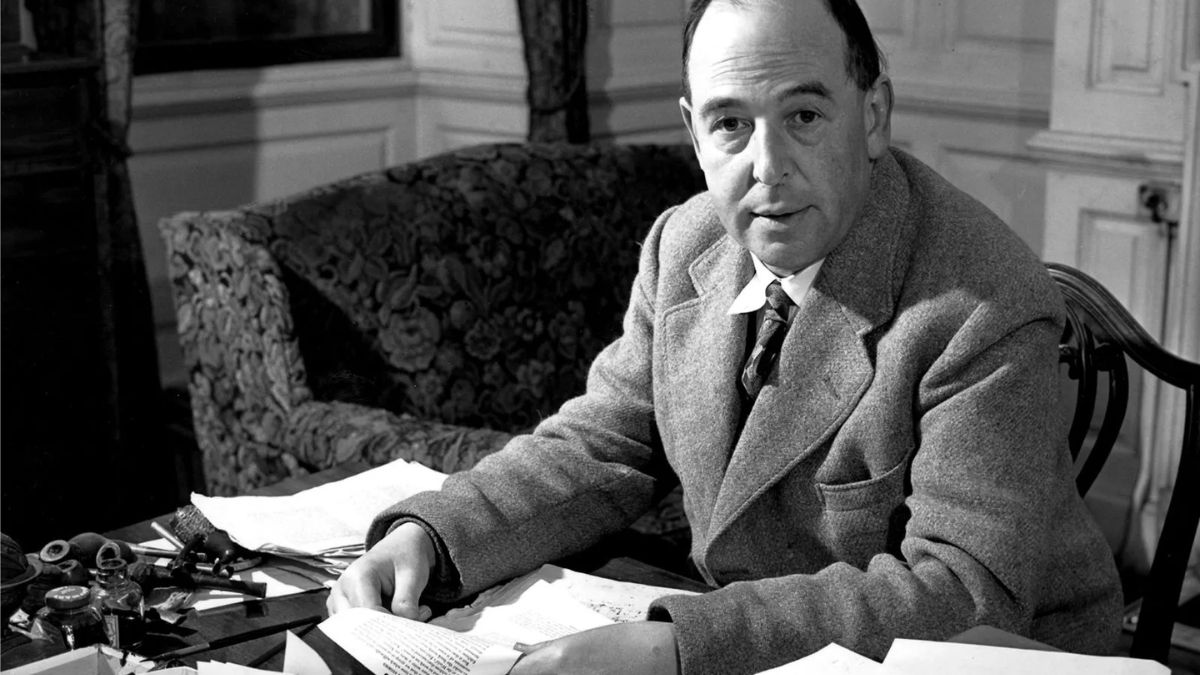

BreakPoint
Three-Legged Stools
As we draw closer to the fall elections, we hear continued rumblings in the press of a major crackup in the Republican party. Moral conservatives, mostly Christians, are going toe to toe with economic conservatives over issues like abortion and religious freedom. Party strategists are wringing their hands. "The religious right is causing near-civil war," warns an article in the Arizona Republic. The Kansas City Star calls it "a debate between morality and commerce." What few seem to realize is that the two sides have no business battling one another—commerce needs morality. This so-called "war" broke out when the House of Representatives passed the Freedom from Religious Persecution Act. The bill curbs non humanitarian aid to countries that torture, imprison, and kill religious believers. Howls of protest went up from the business leaders, who hinted darkly they might cut their historic ties to the GOP. Conservative think tanks weighed in against the bill. And a new, potent business lobby was formed, called USA*Engage, with more than 600 members, including IBM, Boeing, and Mobil. But this war between the two sides is dangerous. Not just because it threatens a bill to protect the persecuted Church, but also because it threatens the very foundation of free democratic government. It's a false dichotomy that many politicians and business leaders seem to have accepted. Morality is not opposed to commerce; it's a crucial support. Businesses thrive best in cultures that are both politically free and morally virtuous. As Michael Novak has eloquently argued, Western democracy is like a three-legged stool: It comprises political liberty, economic freedom, and moral responsibility. Weaken any leg, and the stool topples over. This means it's in business leaders' own interest to support sanctions against a regime that practices persecution—because repression is not only bad for religion; it's also bad for free government and obviously bad for business. USA*Engage argues that trade itself can foster freedom, that trade will loosen up repressive regimes and nudge them toward democracy. Well, true, as far as it goes. And that's why the Freedom from Religious Persecution Act doesn't deal with trade but with foreign aid—i.e., not private investment dollars but taxpayer dollars channeled through the government. If enacted, the bill would announce to the world that the American government refuses to give moral approval to cutthroat regimes that practice religious persecution. Now the thugs in China or the Sudan who are putting Christians behind bars and selling them into slavery might not like our stand. But in the long run it is better for everyone: not only for moral conservatives who care about religious liberty but also for businesses who see these nations as potential trading partners. A freer nation means more prosperity, better trade. The press keeps up the drumbeat, warning of a warfare threatening to split the GOP—casting the Religious Right as the culprit. Well, Christians ought to turn the tables, teaching the GOP—and the Democrats, too—a basic lesson about American liberal democracy: that it requires policies that strengthen all three legs of Michel Novak's stool. It is time to stop demonizing moral issues and start embracing them. Christians aren't the enemy as the press makes us. We are the ones insisting on moral virtue, without which our political and economic freedoms would soon be lost.
10/21/98















